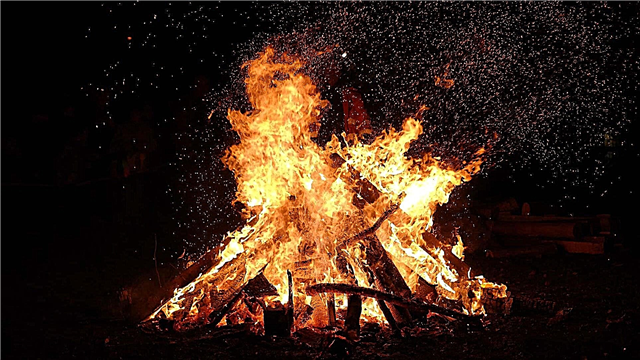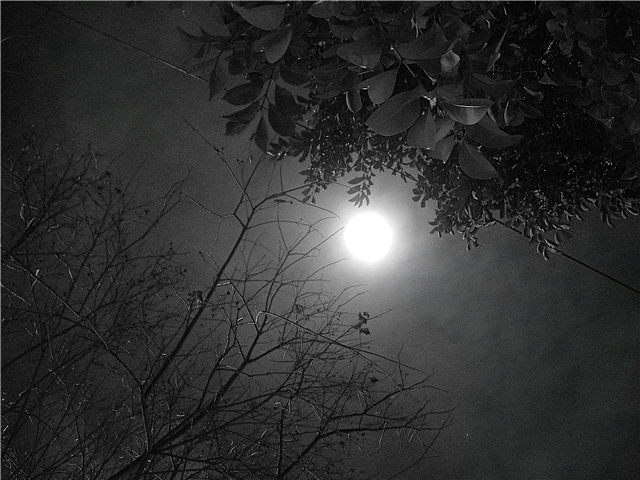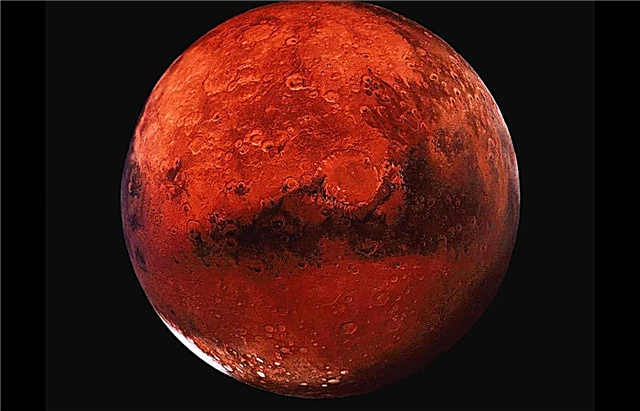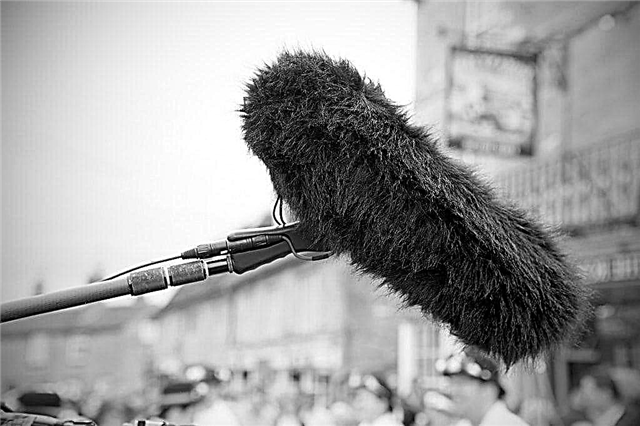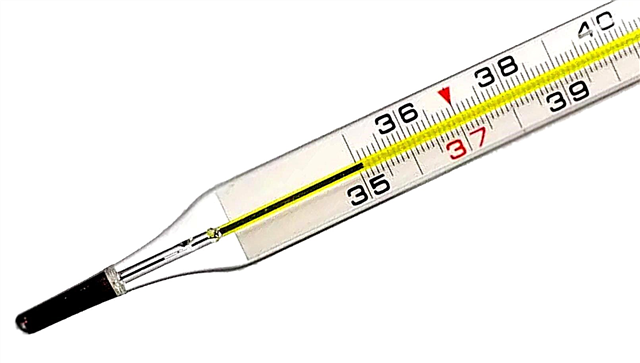
"Prayers of the Russian people" - the first approved national anthem of Russia since 1816. Why is this phenomenon observed, are coincidences random?
Having examined the history, the origin of the Russian version, we can make sure that the coincidence here is not at all random.
Where did the song “Prayers of the Russian people” come from?

The work "God! Save the Tsar! ” similar to the anthem of Britain, because it is its free arrangement. In 1816, the translation of the English anthem was made by Vasily Zhukovsky, even the song's motive initially remained British. But in 1833 the melody under which the words were sung changed - Alexey Lvov composed his own decision; it was taken as a basis. The words on the new music did not fit very well, so it was decided to change them. The first line remained untouched, recognizable, but the subsequent ones underwent some changes.
The anthem remained relevant from the time of writing until 1917, when it was canceled along with the old government. He did not appear spontaneously - an order regarding his creation came from Nicholas I in 1833, who was greeted with an English motive when traveling to Prussia, Austria.
The lack of Russia's own official national anthem was striking; the need for its creation became apparent. The historical events in which Russia became a self-sufficient, major power that the whole world reckoned with, also emphasized the need for its own symbolism, including musical one.
Reasons for choosing “God! Save the Tsar! ”
Before the king’s order, the song remained a dedication to Alexander the First, it was published in the magazine Son of the Fatherland, and then began to be performed to the British tune. The choice in favor of the English anthem was quite logical at that time. In addition to the fact that his words were one of the oldest in Europe, if we consider songs of this kind, Great Britain at that time was in alliance with Russia, as well as Prussia and Austria. It took a single motive, able to unite the powers - and he was found.
The further change in the melody is also not accidental, it happened because Nikolai the First was dissatisfied with the performance of the British melody, he repeatedly thought that it was necessary to stop such a practice and have his own decision, as little as possible connected with other countries.
The emperor switched from thoughts to practice, announcing a kind of competition for a new version. Indication of this fact is ambiguous, there are sources that refer to the idea that the melody was simply ordered by Alexei Lvov, who was distinguished by musical talent. The composer and performer was surrounded by the king, masterfully playing the violin. He did an excellent job.
However, the musician did not consider the task set easy. Responsibility was assigned to him high, he understood that it was necessary to create a work that conveys national pride, universal for the church, army and navy, harmonious for the ears of every person. For a long time, high responsibility interfered with work; Lviv simply could not start writing a work.But then, at one fine moment, he was able to do this in just a few minutes, returning home late in the evening.
The next day, the composer turned to the poet Zhukovsky, who shifted the words to the melody, and the anthem was ready. The creative work of two people was highly appreciated at court, the people liked the anthem, quickly took root in Russian society, remaining relevant until the last days of the empire. However, its similarity with the British still remained noticeable, obvious - despite the emergence of a new melody, processing and other factors.
Thus, the hymns of the Russian Empire and Britain are similar, because the Russian version was originally a translation of English, and was even played in the past with the same melody. The translation was made by Zhukovsky, and this approach itself was relevant for the era of cooperation with Britain, in the presence of common values - even more so.


